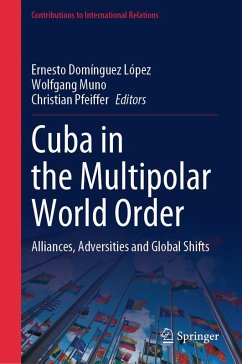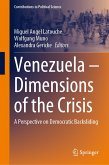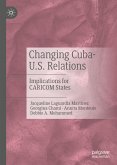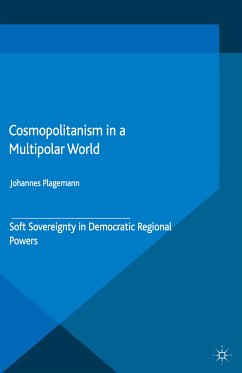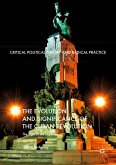It examines Cuba's pursuit of self-determination and the challenges posed by increasing sanctions and evolving global dynamics in a multipolar world. While the United States remains a central figure, the book also highlights the diverse interests of other international players, such as China, Russia, the European Union, and Venezuela, in Cuba's political, economic, and ideological landscape, and vice versa.
By situating Cuba within the broader context of global politics, this book not only provides valuable insights into the Caribbean nation but also offers crucial implications for the entire Latin American region and the Global South. It presents a multifaceted exploration of Cuba's international relations, featuring perspectives from scholars across various geographical and ideological backgrounds, including Cuba, Germany, Scotland, Spain, the US, and Venezuela. The book's uniqueness lies in its dedication to accommodating a wide range of political views, emphasizing the importance of plurality and the diverse political and ideological contexts from which these perspectives arise.
Ideal for students of history, international relations, political science, and Latin American studies, as well as policymakers and those intrigued by the intricacies of global politics, this book offers a comprehensive and indispensable resource.
Dieser Download kann aus rechtlichen Gründen nur mit Rechnungsadresse in A, B, BG, CY, CZ, D, DK, EW, E, FIN, F, GR, HR, H, IRL, I, LT, L, LR, M, NL, PL, P, R, S, SLO, SK ausgeliefert werden.

